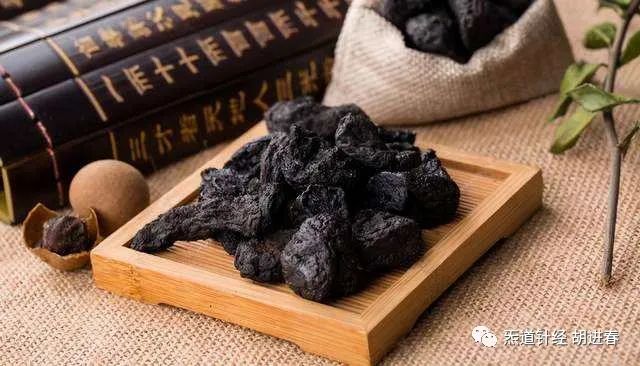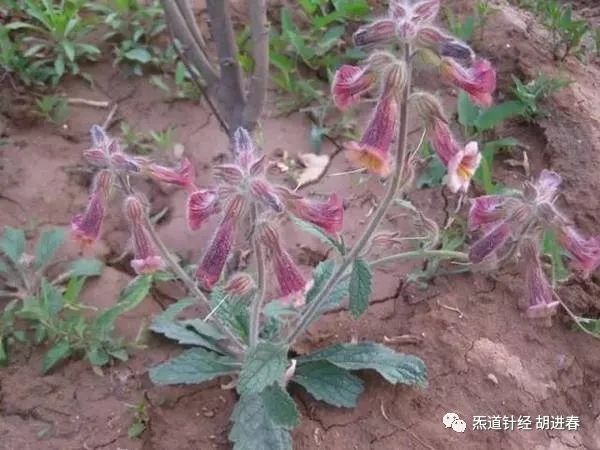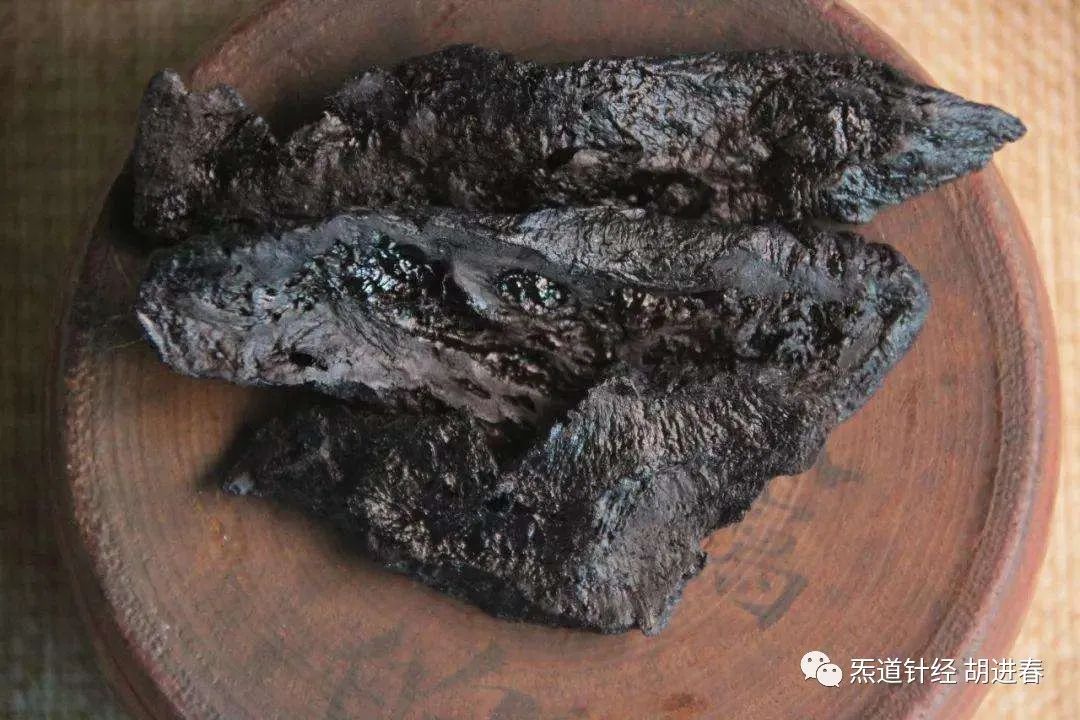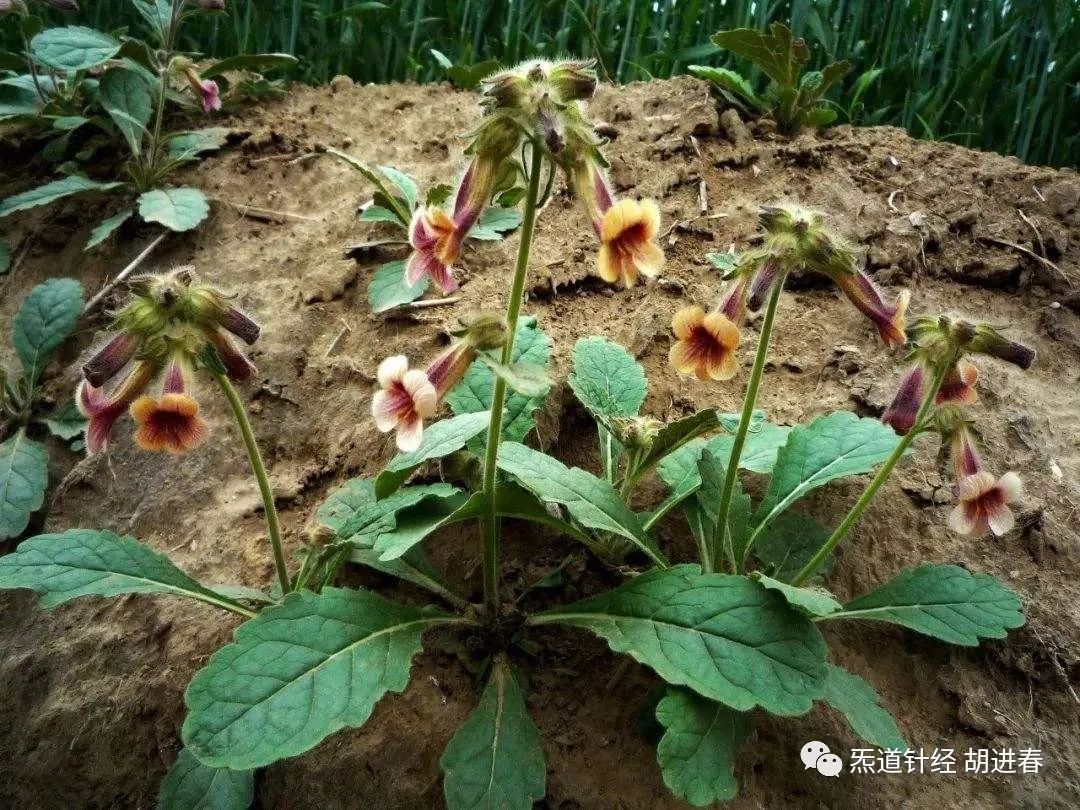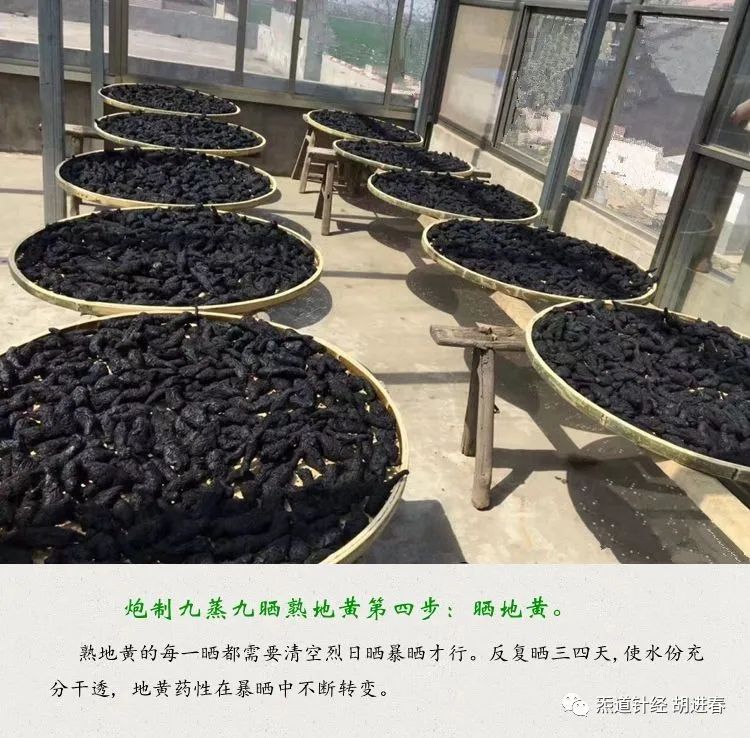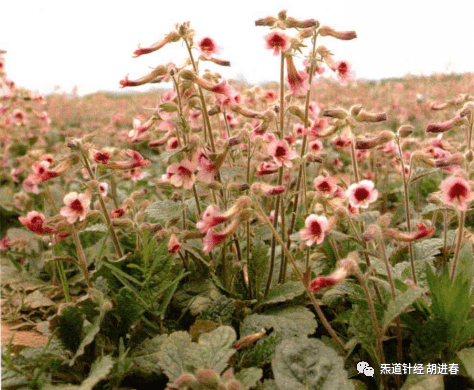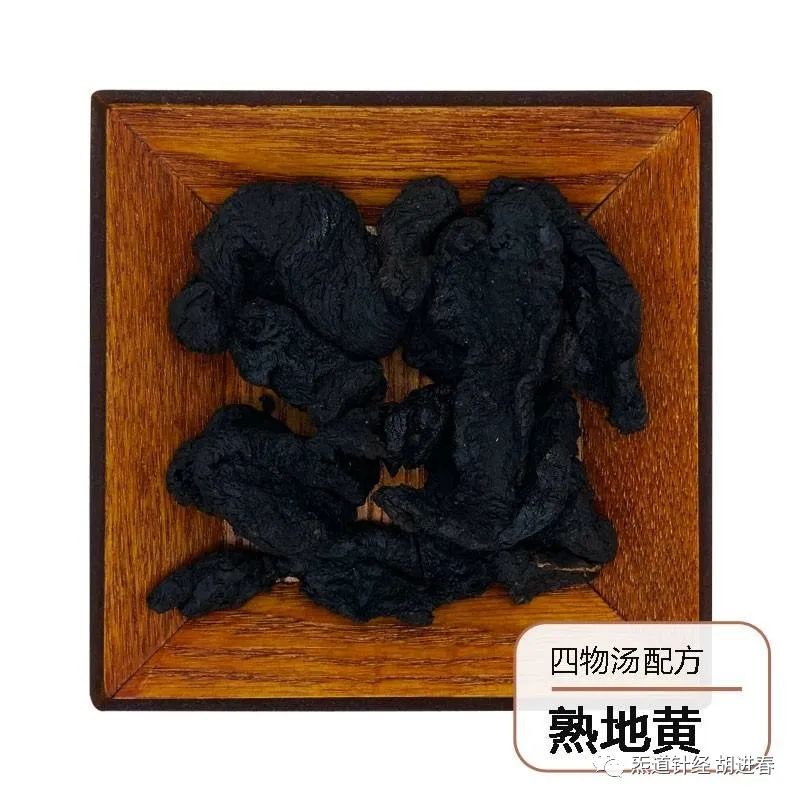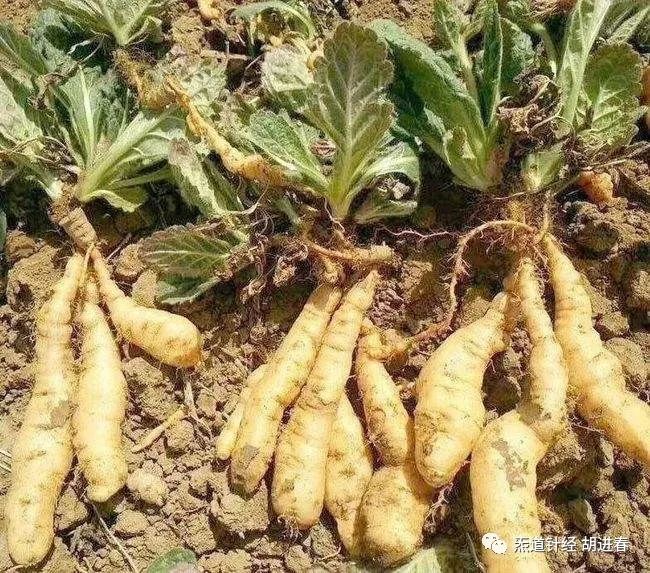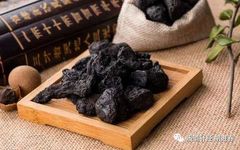🌸Daily Study of a Chinese Herb: Rehmannia
Mnemonic: Nourishing blood and moistening, Rehmannia benefits essence and fills marrow, preventing stomach injury.
Functions and Actions: Nourishes blood, moistens yin, benefits essence and fills marrow.
Rehmannia is the processed product of the dried tuber of the plant Rehmannia glutinosa, belonging to the Scrophulariaceae family.
1. Nourishing Blood: Rehmannia has a sweet and slightly warm taste, entering the liver and kidney meridians, it can nourish essence and blood, treating symptoms such as pale complexion, palpitations, dizziness, and tinnitus. It is mainly used for blood deficiency leading to pale complexion, palpitations, insomnia, irregular menstruation, and excessive bleeding, often combined with Dang Gui (Angelica sinensis) and Bai Shao (White Peony).
2. Moistening Yin: Rehmannia enters the kidney, providing lubrication and nourishment, and has a good effect on nourishing kidney yin. It is commonly used to treat symptoms caused by kidney yin deficiency such as soreness in the lower back and knees, tidal fever, night sweats, nocturnal emissions, and internal heat with thirst. It is a primary herb for nourishing yin, often combined with Shan Zhu Yu (Cornus officinalis) and Shan Yao (Chinese Yam).
3. Benefiting Essence and Filling Marrow: Rehmannia can replenish marrow and is used to treat dizziness, tinnitus, and premature graying caused by liver and kidney deficiency, as well as insufficient essence and blood. It can replenish essence and fill marrow, often combined with Zhi He Shou Wu (Processed Fo-Ti), Gou Qi Zi (Goji Berries), and Tu Si Zi (Dodder Seed).
The efficacy of Rehmannia in traditional Chinese medicine includes nourishing yin and blood, benefiting essence and filling marrow. In clinical applications, Rehmannia is an excellent herb for replenishing yin fluids, addressing diseases and symptoms arising from yin deficiency in the body, such as tinnitus, deafness, dizziness, premature graying of hair and beard, and the appearance of chloasma on the face. It can also assist in treating nocturnal emissions in men and irregular menstruation, excessive bleeding in women; it is effective for symptoms like lower back pain, leg weakness, and tidal fever during menopause. Rehmannia has many uses, but its contraindications mainly include patients with excessive phlegm production, as well as those with diarrhea or loose stools, who should avoid Rehmannia.
Suitable Population: 1. Those with kidney yin deficiency: Rehmannia enters the kidney, providing moistening and nourishing effects on kidney yin.
2. Those with deficiency of essence and blood: Rehmannia is sweet and slightly warm, entering the liver and kidney meridians, capable of nourishing essence and blood.
Contraindicated Population: Those with spleen and stomach weakness, as Rehmannia’s moistening nature may hinder digestion.
